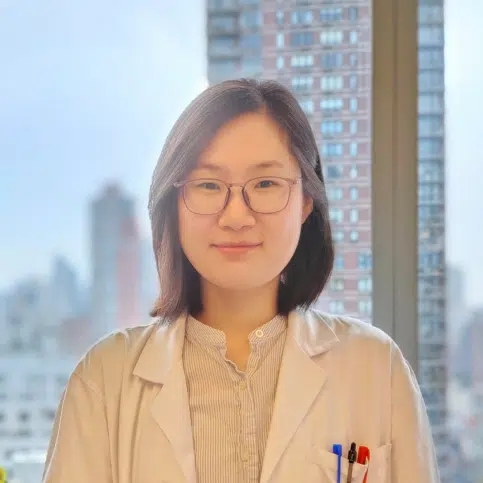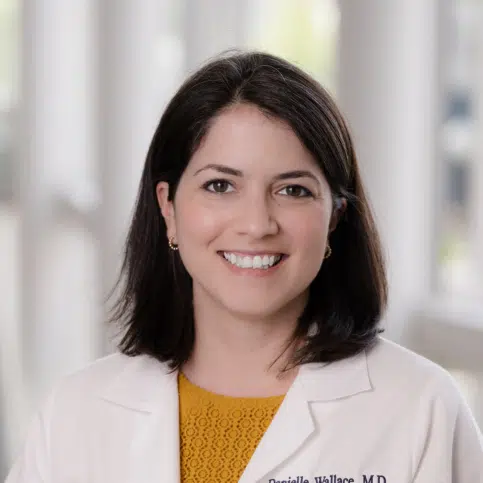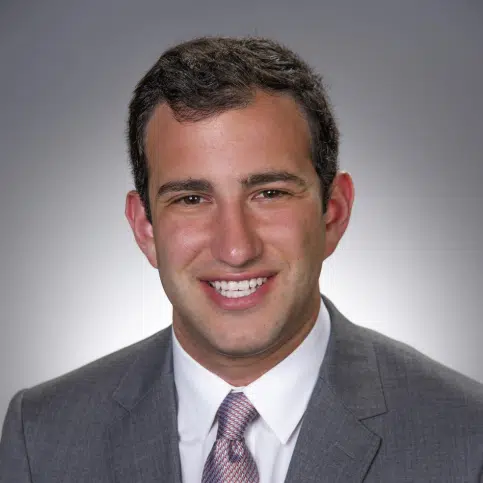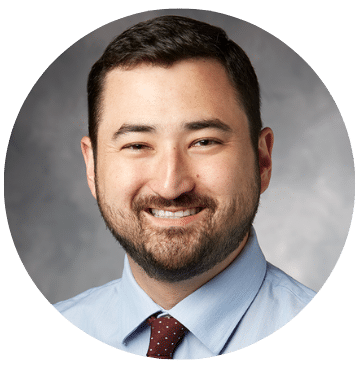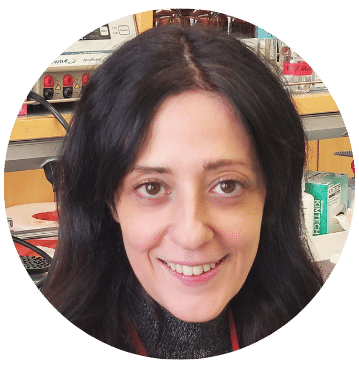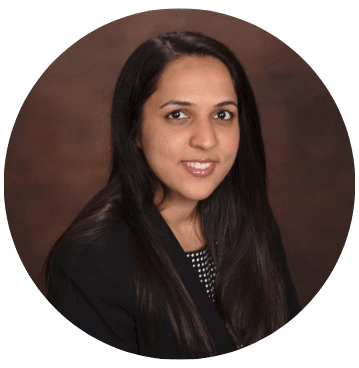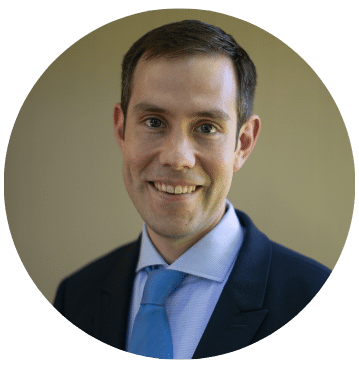Haopeng Yang, PhD
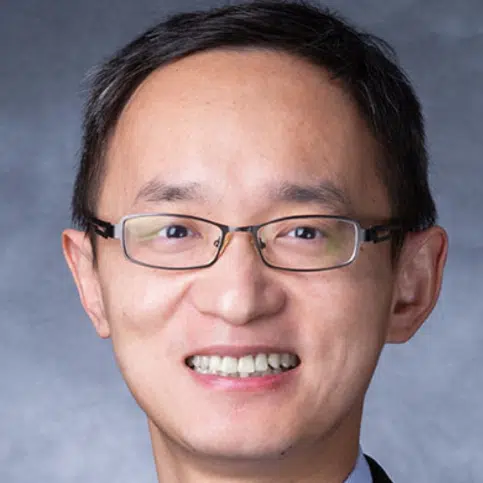
Researcher Spotlight: Haopeng Yang, PhD UNIVERSITY OF TEXAS MD ANDERSON CANCER CENTER Super-enhancers are regions of the genome responsible for regulating expression of an unusually high number of genes. For his Lymphoma Research Foundation-funded project, Dr. Yang is characterizing the…

